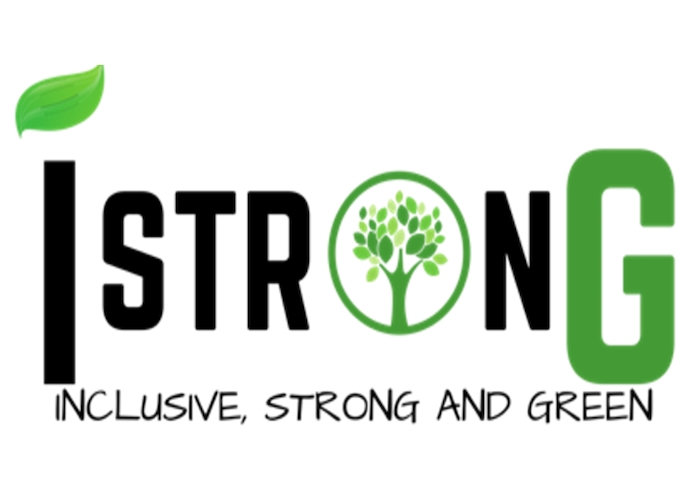
07/24/2019
iStronG: Inclusive, Strong and Green is a National Science Foundation-funded project that is bringing sustainability and systems thinking to high school students across the US. A major goal of this grant is to contribute to research on the potential of systems thinking, place-based curriculum in out-of-school TRIO college access programs, such as Upward Bound, to increase underrepresented students’ STEM interest, self-efficacy, and motivation to pursue STEM degrees/careers.In a new project led by the Council for Opportunity in Education (COE), the CCI is partnering with the Waters Foundation, Rutgers University, as well as TRIO Upward Bound (UB) pilot sites from UMass Boston, University of Kansas, Family Centered Education Agency in Chicago, and University of Georgia, in a new three-year project funded by the National Science Foundation. The project is entitled: iStronG (Inclusive, Strong and Green): A student-centered systems thinking, place-based and technology-driven curriculum.
“Inclusive, Strong and Green” are the words used at the Organization for Economic Co-operation and Development (OECD) ministers meeting in 2015 to describe their critical strategic goals. These goals echo the insight expressed in the Foreword to the landmark 2009 OECD PISA report, Green at 15, that “never before” has the need to increase STEM understandings in youth been so critical. The iStronG project proposes to develop, refine, implement, and iteratively test the effectiveness of an out-of-school, systems modeling technology-driven curriculum designed for low-income and first-generation early high school students who have traditionally been underrepresented in STEM fields.
The curriculum will provide students with the skills to think systemically through the introduction of key systems concepts and to develop proficiency in the use of systems modeling computer software. The curriculum also will include projects to help students develop their own models addressing place-based concerns and will facilitate community awareness of local and international environmental issues through the use of role-playing, simulation tools. This technology will allow students to gain a deeper understanding of systems thinking and to make better decisions through hands-on exploration while learning how to utilize the new systems modeling software. Following three cycles of implementation, testing and improvement, the Inclusive, Strong and Green Curriculum will be made available to the more than 1,000 UB TRIO projects nationwide.
